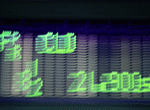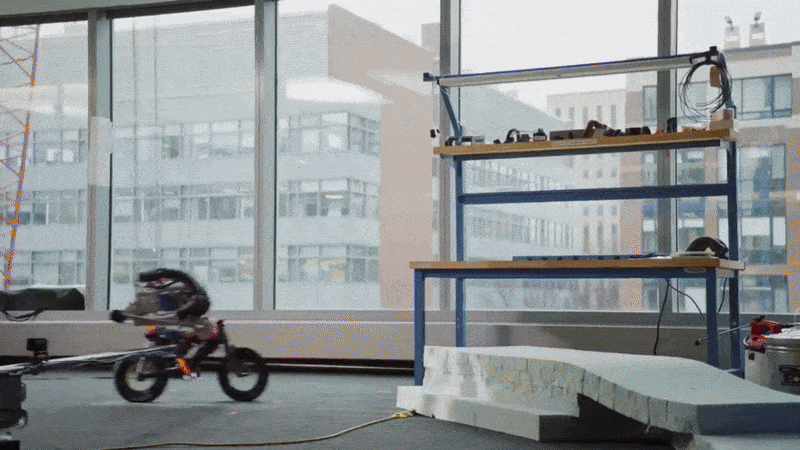Both the Tokyo Stock Exchange (TSE) and Madrid Bolsas y Mercados Españoles (BME) have suffered technical glitches during the past 24 hours.
The Japan Times is reporting that the TSE halted trading in derivatives this morning for about 95 minutes this morning. While the impact doesn’t seem to be consequential, the “systems problems” as the TSE is calling its computer glitch is yet another major embarrassment. The TSE has a history of repeated outages over the past several years, with the last one occurring in February affecting the TSE for three hours or more. The February incident cost the head of the TSE 30 percent of his salary for one month, while other executives had their pay cut by 20 percent.
In Spain, according to the Associated Press, trading at the BME was interrupted from 1005 to 1450 Madrid time yesterday. The BME would not comment on the cause of the technical difficulty, other than to say that its technicians were studying it, reported the Financial Times of London. The BME outage, which was termed by the FT as “rare,” doesn’t appear to have caused any lasting consequences either.
In other market glitch news, over the weekend, Knight Capital was able to secure a $400 million bailout to cover the $440 million loss it suffered last week because of its out-of-control trading algorithm. Without the rescue, the brokerage would likely have gone out of business, a prospect that many apparently still think possible.
The U.S. Security and Exchange Commission (SEC) is reportedly about to “require trading firms and other market participants to disclose system failures and test computer-code changes before they go live,” in response to the Knight Capital incident, the flash crash, and several others, according to a story in the FT.
The New York Times reported last week that Knight’s “technical difficulties” were due to it rushing “to develop a computer program so it could take advantage of a new Wall Street venue for trading stocks. But the firm ran up against its deadline and failed to fully work out the kinks in its system, according to people briefed on the matter. In its debut [last] Wednesday, the software went awry, swamping the stock market with errant trades and putting Knight’s future in jeopardy.”
Let’s hope that the SEC (and Congress and the public at large) doesn’t think that a “test your code” mandate (whatever that means) is going to prevent future trading system screw-ups. At best , and assuming the trading companies invest the time, money, and expertise in the most effective testing practices possible (a big assumption to be sure when money is to be made), software-related glitches might be reduced, but they aren’t going to go away.
Robert N. Charette is a Contributing Editor to IEEE Spectrum and an acknowledged international authority on information technology and systems risk management. A self-described “risk ecologist,” he is interested in the intersections of business, political, technological, and societal risks. Charette is an award-winning author of multiple books and numerous articles on the subjects of risk management, project and program management, innovation, and entrepreneurship. A Life Senior Member of the IEEE, Charette was a recipient of the IEEE Computer Society’s Golden Core Award in 2008.



